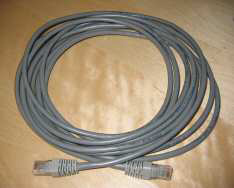 Image via Wikipedia
Image via Wikipedia
Registering Your MAC Address
 Image via Wikipedia
Image via Wikipedia
These postings will help students enhance their academic experience at Colgate University through knowledge and the use of smart technology tools.
 Image via Wikipedia
Image via Wikipedia
 Image via Wikipedia
Image via Wikipedia
 Image via Wikipedia
Image via Wikipedia
 Image via Wikipedia
Image via Wikipedia
 Image by Aldor via Flickr
Image by Aldor via Flickr
 Image via Wikipedia
Image via Wikipedia

Colgate University is committed to the use of advanced information technology in support of teaching, research, and student learning. To enhance the academic environment, Colgate University has invested in a number of information technology resources including, state-of-the art general use and discipline – aligned computer labs: Internet and high-speed campus network connections; technology-enhanced services; high performance computing services; course management systems; multimedia development support; and access to a wide variety of commercial and course specific software.